39 what does natural flavor mean on food labels
12 Dangerous And Hidden Food Ingredients In Seemingly … While some commercially made salad dressings really may have natural ingredients (make sure you read the labels), try to stick to basics and use olive oil with lemon juice as often as possible. Olive oil, is in fact a fruit juice and contains long chain … The Real Meaning Of Natural Vs. Artificial Flavors - Mashed Unlike natural flavor, artificial flavor isn't made from plant or animal materials. Instead, it's made by synthesizing different chemical compounds in a laboratory. As an example, many fruits get their flavor and aroma from specific chemical compounds called esters. By replicating these chemicals in a lab setting, flavor scientists can create ...
Natural Flavors: Should You Eat Them? - Healthline Natural flavors are meant to enhance flavor, not necessarily to contribute nutritional value to a food or beverage. These flavorings are extremely common in foods and beverages. In fact, research...

What does natural flavor mean on food labels
Natural vs. Organic: Does The Label Matter? - Rodale Institute The official Food and Drug Administration (FDA) policy for the natural label states that "the agency has not objected to the use of the term if the food does not contain added color, artificial flavors, or synthetic substances." The U.S. Department of Agriculture (USDA) does not regulate the use of the natural label for crops. Natural Flavors: What are they and are they safe to eat? the official fda definition of a natural flavor is "the essential oil, oleoresin, essence or extractive, protein hydrolysate, distillate, or any product of roasting, heating, or enzymolysis, which contains the flavoring constituents derived from a spice, fruit, or fruit juice, vegetable or vegetable juice, edible yeast, herb, bark, bud, root, … What Food Labels Mean—and Don't - Consumer Reports Processed foods labeled "organic" also cannot contain artificial ingredients unless they go through a rigorous review process, and have no artificial preservatives, colors, or flavors. Natural ...
What does natural flavor mean on food labels. What Are Natural Flavors? - Pure Food Company In processed food, this chemical mixture is called a "flavor." Because smell comprises 80 to 90 percent of the sense of taste, fragrances and flavors are often alarmingly similar in chemical composition. Reason #3: natural flavors are designed by Big Food to be addictive What Does 'Natural Flavor' Actually Mean on Food Labels? The term natural flavor or natural flavoring is defined by the FDA as a substance extracted, distilled, or similarly derived from natural sources like plants (fruits, herbs, veggies, barks, roots, etc.) or animals (meat, dairy products, eggs, etc.) via a method of heating, with its main function in food being flavoring not nutritional. Wait, what? It May Taste Fine But Is That "Natural Flavor" the Real Thing?.html Read food labels to avoid being tricked by natural flavor claims: Internet Scambusters #744. Claims that a food product is "natural" or that it contains "natural flavors," could make you think, for instance, that breakfast syrup with natural flavor contains maple syrup. Organic 101: What the USDA Organic Label Means | USDA Mar 13, 2019 · This is the third installment of the Organic 101 series that explores different aspects of the USDA organic regulations. Amidst nutrition facts, ingredients lists, and dietary claims on food packages, “organic” might appear as one more piece of information to decipher when shopping for foods. So understanding what “organic” really means can help shoppers …
What's a "natural" flavor? | Go Ask Alice! The Food and Drug Administration has an official definition for the label — a natural flavor is any substance meant to contribute to flavor that is derived from anything natural. This is distinguished from the definition of "artificial flavors" in that artificial flavors are derived from synthetic substances. Both artificial and natural ... What Does "Natural" Mean On Food Labels? - Thrive Market The only (loose) rule that has been made states that to be considered natural means there is nothing artificial or synthetic (including all color additives, regardless of source) included in, or added to, a food that would not normally be expected. Food Expiration Dates Explained | Cheapism.com It's been estimated that more than a third of the food produced in the United States is wasted every year, costing the average American family about $1,500.And more than 90 percent of Americans have been throwing away food that's safe to eat because they're misinterpreting food labels, according to a 2013 study by the Natural Resources Defense Council and Harvard … What does 'natural flavors' really mean? - The Washington Post The FDA defines a natural flavor as a substance extracted, distilled or similarly derived from plant or animal matter, either as is or after it has been roasted, heated or fermented, and whose...
Interpreting Food Labels: Natural versus Organic First of all, foods containing natural flavors, sweeteners, or other plant-derived substances can be labeled natural. In addition, foods containing highly processed high fructose corn syrup (HFCS) can also be labeled "natural", since the synthetic materials used to generate HFCS are not incorporated into the final product (2). What "Natural Flavors" on Food Labels Really Means - PureWow The FDA defines natural flavors as those that get their flavor or aroma from naturally derived sources, like fruits, veggies, meat, seafood, spices, eggs, roots, yeast, dairy…you get the picture. Those natural flavorings can still be manipulated in a lab for the final product, just like artificial flavorings. Attention, Allergy Sufferers: Beware of Natural Flavors - Food Safety News according to fda, "the term natural flavor or natural flavoring means the essential oil, oleoresin, essence or extractive, protein hydrolysate, distillate, or any product of roasting, heating or... Use of the Term Natural on Food Labeling | FDA The FDA has considered the term "natural" to mean that nothing artificial or synthetic (including all color additives regardless of source) has been included in, or has been added to, a food that...
Natural vs. Organic | Organic. It’s Worth It Unlike natural and other eco-label claims, only organic offers government-backed assurance that products are grown and processed without the use of toxic chemicals, antibiotics and synthetic growth hormones. Read on to learn what makes organic the most heavily regulated food system, and why it's worth it to trust the organic label above others.
What Every Consumer Should Know About Foods and Flavors As long as "cocoa" is listed in the ingredient list, the name of the food can include the term "chocolate in certain situations." Finally, if the name of the food is accompanied by terms such as...
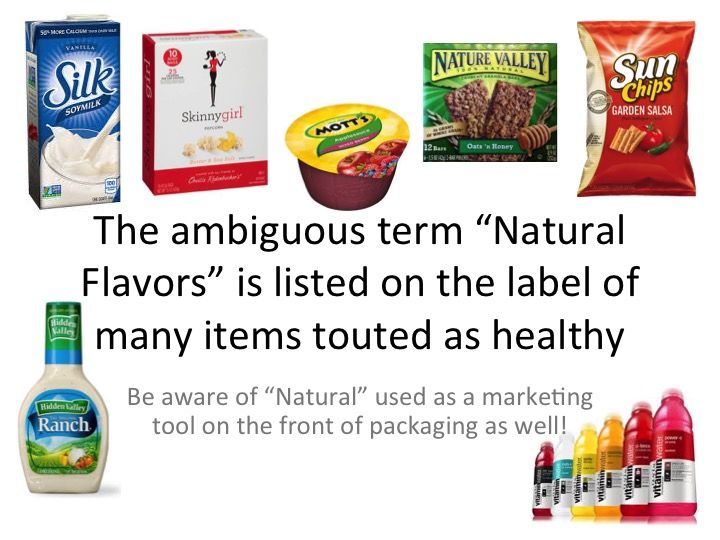
81 best Labels - looking at the labels images on Pinterest | Health foods, Healthy eating and ...
What Is Sodium Benzoate (E211) In Food & Why People Afraid It … Mar 30, 2020 · In Food. It can be found in a lot of food labels with its name or E211. The approved food uses are listed in the same categories with benzoic acid, sodium and calcium benzoate (E210-E213) with the maximum used levels range from 150 to 6,000 mg/kg. It can also be combined with sorbic acid-sorbates (E 200–202) and p-hydroxybenzoates (E 214 ...
What does natural flavoring mean on a label? - USDA Knowledge Article Spices (e.g., black pepper, basil, and ginger), spice extracts, essential oils, oleoresins, onion powder, garlic powder, celery powder, onion juice, and garlic juice are all ingredients that may be declared on labeling as "natural flavor," "flavor," or "flavoring."
What Does All Natural on a Food Label Mean? This means an ultra-processed snack food labelled 'made with natural flavours', may be construed as a better, healthier, or safer choice, simply because of the claim 'natural'. Yet, in reality this 'natural' snack food doesn't offer any advantages in terms of health or safety over its ultra-processed competitor who doesn't make the same claim.

Easy Ways You Can Turn Ingredients On Food Labels Are Listed Alphabetically Into Success - X Y Z ...
Natural Flavors: The Ultimate Guide To What's Safe If you've scanned a food label lately, you've likely seen "natural flavors" on the ingredient list. Natural flavors, simply put, are food-derived agents that add taste to food products. These compounds, depending on the food manufacturer, can be a safe and welcome burst of flavor for your taste buds.
What You Need to Know About Food Expiration Dates - WebMD The dates you see on food labels are not usually related to food spoilage. Instead, the dates tell you how long food maintains the best taste and texture. Federal law does not require food quality ...
11 Things to Know About Sodium in Your Diet - National Kidney Foundation Purchase spices and herbs in small amounts. When they sit on the shelf for years, they lose their flavor. Use no more than ¼ teaspoon of dried spice (¾ of fresh) per pound of meat. Add ground spices to food about 15 minutes before the end of the cooking period. Add whole spices to food at least one hour before the end of the cooking period.
What Does Eco-Friendly Mean? Difference Between Sustainable … Mar 03, 2022 · A cheat sheet of "eco-friendly" terms "Environmentally friendly," "eco-friendly," and "earth-friendly" are just different ways of saying "not environmentally harmful." "Green" is a "casual term ...
What does "natural" really mean on food labels? - CBS News About two-thirds of people surveyed said they believe the term "natural" means that a processed food has no artificial ingredients, pesticides or genetically modified organisms (GMOs). But in fact,...
The "Natural" vs. "Natural Flavors" Conflict in Food Labeling: A ... These flavors are currently the fourth most common food ingredient listed on food labels. In reality, "natural flavors" are a far cry from what consumers might expect, as they can contain both artificial and synthetic chemicals (often used as processing aids). Nonetheless, without a legally binding Natural regulation, there has been little ...
Are "Natural Flavors" Really Natural? Are They Good for You? - GoodRx According to the FDA, a natural flavoring is an essential oil or extract from a plant or animal source. Natural flavors may come from a variety of sources, including: Spices and herbs Fruit or fruit juice Vegetables or vegetable juice Edible yeast, roots, bark, buds, or similar plant material Meat, seafood, or poultry Eggs Dairy products
What Does "Natural" on Your Food Label Mean? | EatingWell • 31% of consumers think "natural" products are better for the environment .-Hartman Group, Organic & Natural 2014 report • 82% of consumers think that if food is marked "natural," it should be GMO-free. -Consumer Reports, 2015 Natural Food Label Survey • 1/3 of American adults think "organic" and "natural" are the same thing.
Decoding Labels: So Delicious Coconut Milk - Food Renegade Apr 16, 2015 · Coconut milk is my all-time favorite dairy alternative. Not only is it rich in saturated fat, but it’s also high in the medium-chain fatty acids that boost metabolism.. Don’t get me wrong: I enjoy grass-fed dairy, particularly if it’s been cultured …
The ugly truth about 'natural flavoring' - 10Best The Environmental Working Group even found that among 80,000 food products studied, only salt, water and sugar appear on nutrition labels more often than natural flavor. In meaning nearly anything ...
What Does the 'Natural' Food Label Really Mean? - One Green Planet Food labels do a lot of things - they are home to standardized, regulated information like the Nutrition Facts section and marketing ploys such as unregulated claims, product promotions, or ...
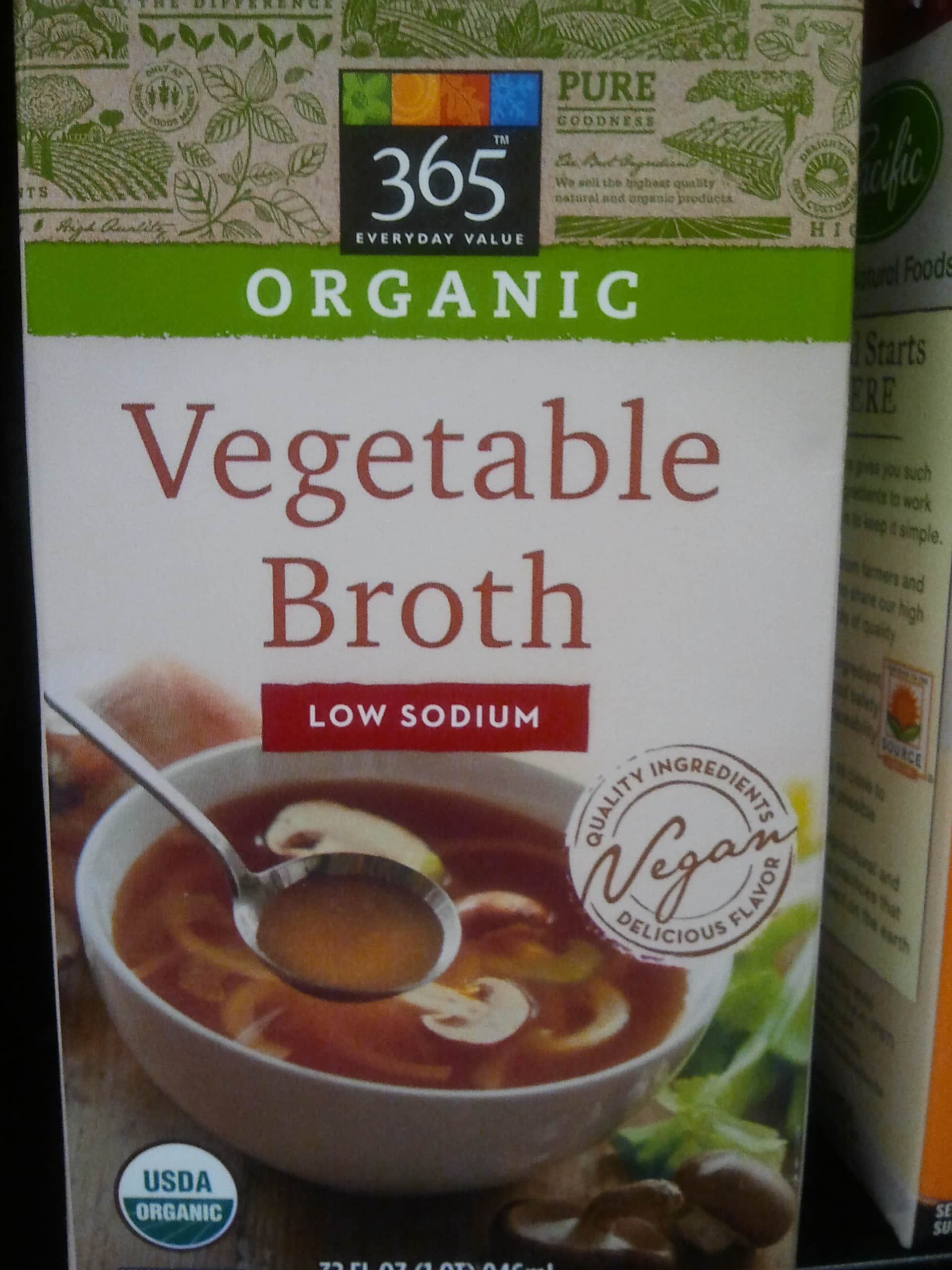
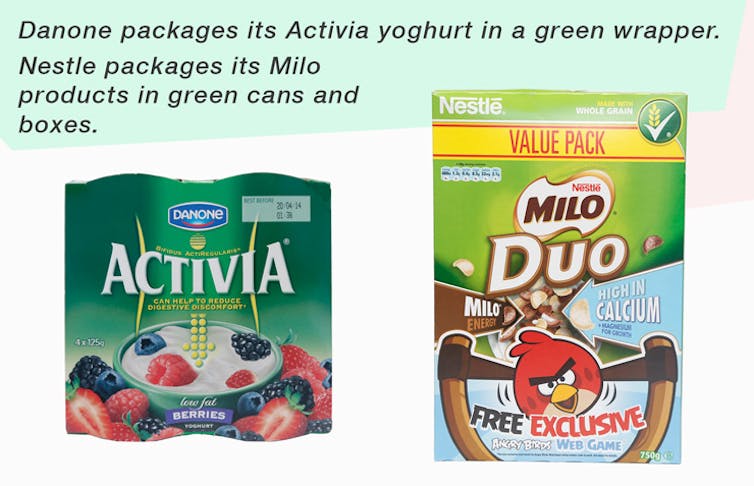

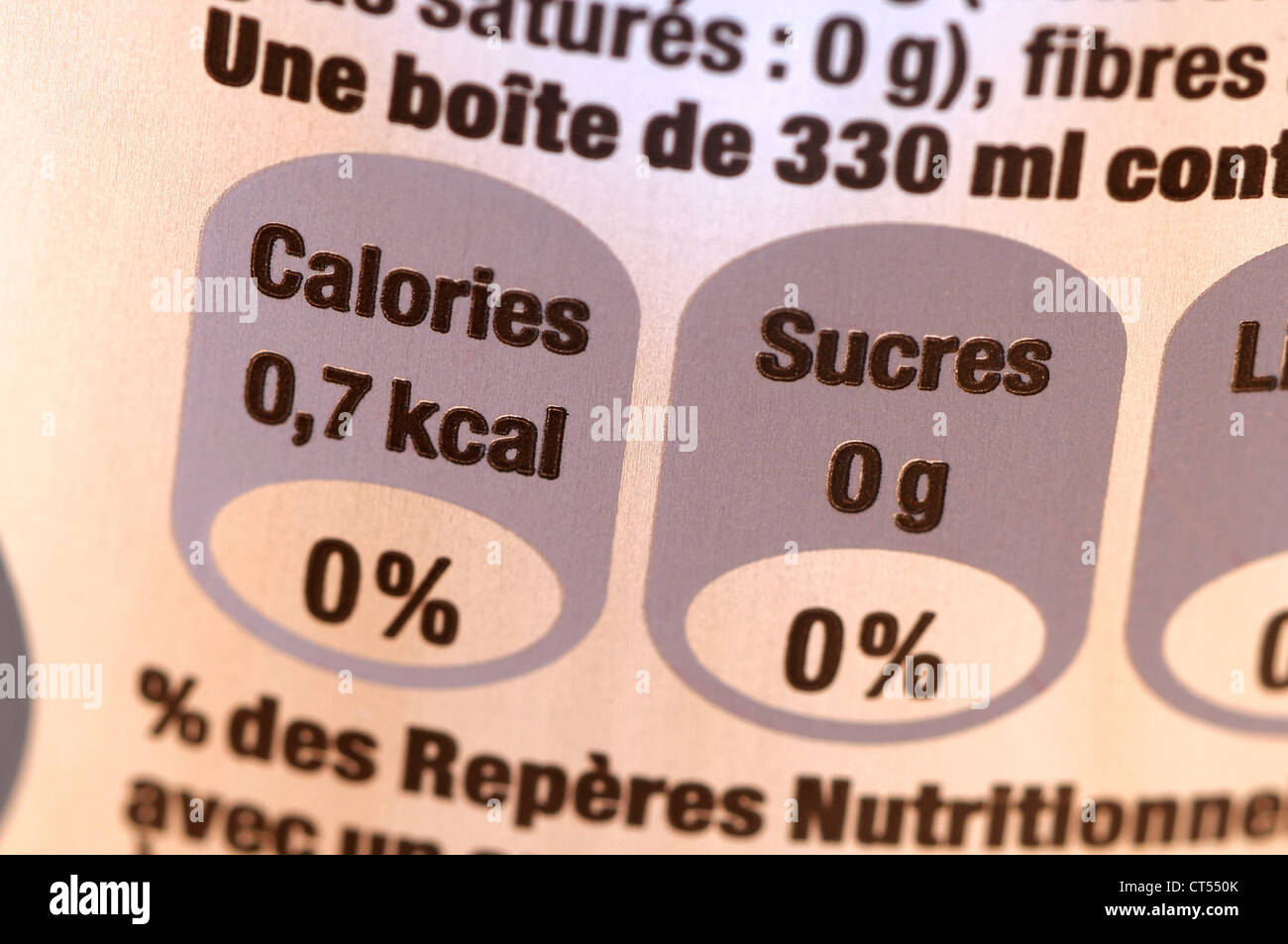


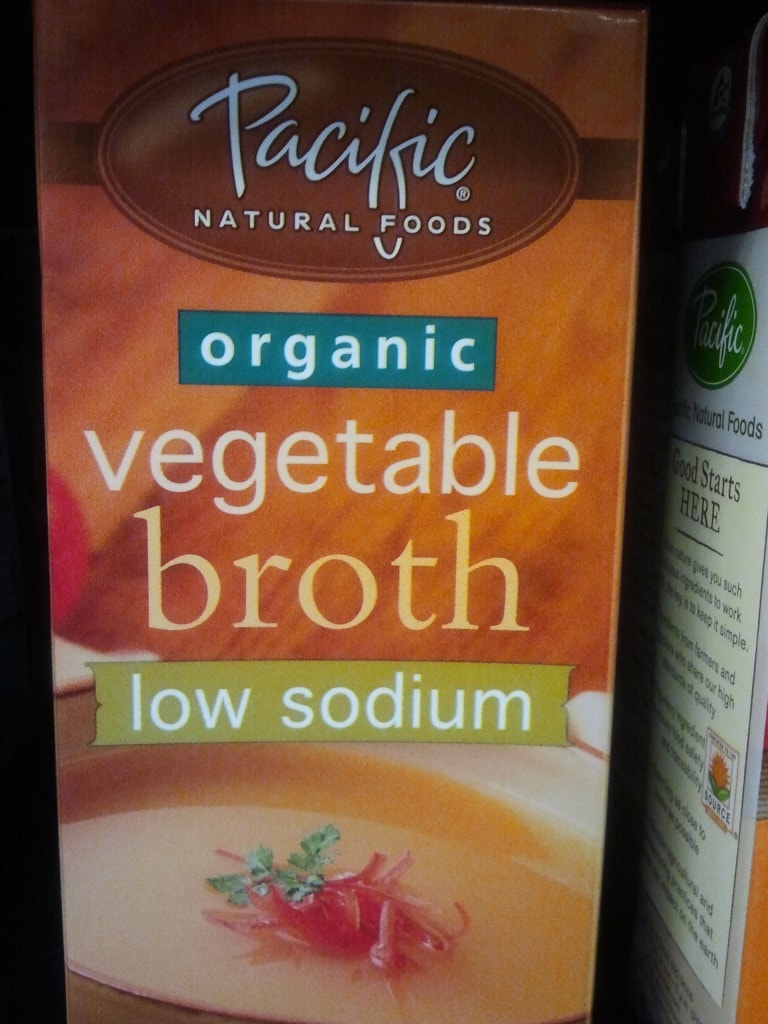
/cdn.vox-cdn.com/uploads/chorus_image/image/34604857/3723711696_3be396a802_o.0.jpg)
Post a Comment for "39 what does natural flavor mean on food labels"